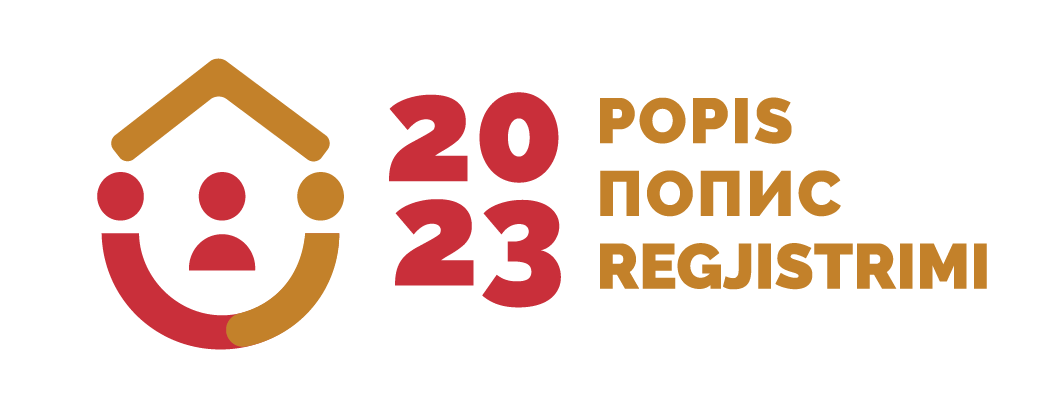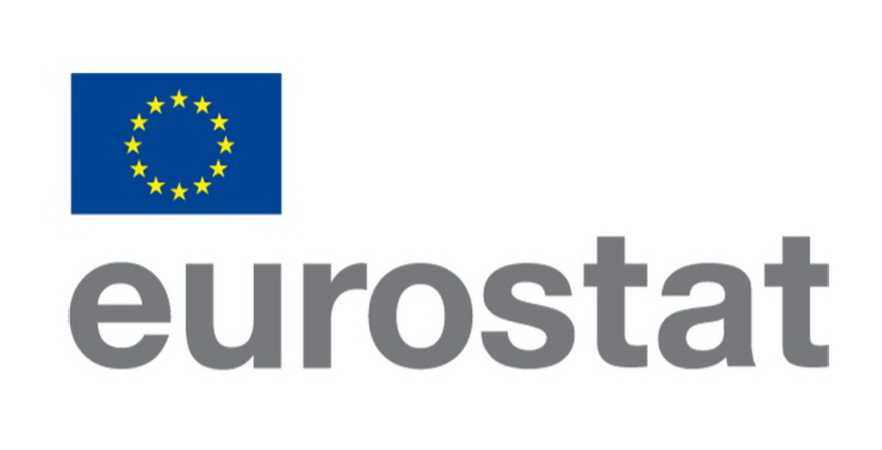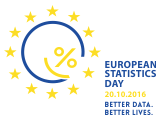Official statistics of Montenegro shall be based on the following principles:
1) Professional independence ensuring professional independence of official statistics producers from other policy, administrative or regulatory authorities and bodies, as well as from private sector operators;
2) Mandate for data collection according to which official statistics producer must have a clear, legal mandate to collect information and data for official statistics purposes; state administration, enterprises and households and the public at large may be compelled by law to allow access to or deliver data for official statistics purpose at the request of statistical producer;
3) Adequacy of resources meaning that the resources available to official statistics producers must be sufficient to meet the official statistics requirements;
4) Commitment to quality enabling official statistics producers in Montenegro to work and cooperate in line with international principles of statistical system quality;
5) Statistical confidentiality enabling the protection of data related to a reporting unit (households, enterprises, administrative sources and other respondents), and its use only for statistical purposes;
6) Impartiality and objectivity according to which, official statistics producer statistical must produce and disseminate official statistics in an objective, professional and transparent manner, respecting scientific independence, in which all users are treated equitably;
7) Sound methodology, sound methodology must underpin quality official statistics. This requires adequate tools, procedures and expertise;
8) Appropriate statistical procedures, by which appropriate statistical procedures, implemented from data collection to data validation underpin quality statistics;
9) Non-excessive burden on respondents by which the reporting burden is proportionate to the scope of work and costs necessary for statistical data collection and importance of results as well as optimal use of available resources and reduction of response burden of reporting units;
10) Cost – effectiveness according to which the resources must be effectively used;
11) Relevance, meaning the official statistics data must meet the needs of users;
12) Accuracy and reliability, according to which activities and methods related to collection, processing, and dissemination of official statistics data must be compliant with valid professional standards, scientific methods, and professional ethics principles for the purpose of accurately and reliably portraying reality;
13) Timeliness and punctuality according to which the official statistics has an obligation to check regularly the adequacy of official statistics data, and timely recognise new needs of users for appropriate type of data;
14) Coherence and comparability according to which the official statistics data should be internally consistent related to contents, terminology, and periodicity, as well as with internationally accepted concepts, nomenclatures, classifications, definitions, and methods, aimed at achieving their comparability, and
15) Accessibility and clarity according to which the official statistics should be presented in a clear and understandable form, disseminated in a suitable and convenient manner, available and accessible on an impartial basis with supporting metadata and guidance.







